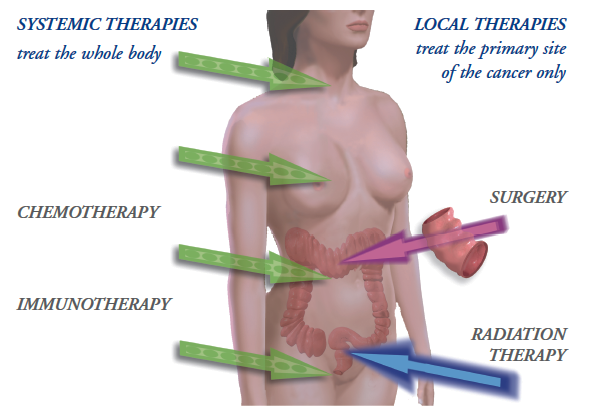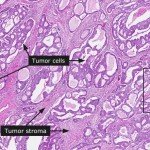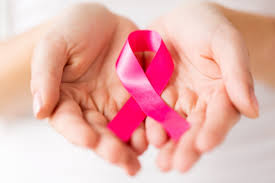
Cancer is a disease that requires doctors from multiple streams to collaborate. In the case of colorectal cancer, a multidisciplinary team of doctors comprises of a gastroenterologist, a surgeon, physician oncologist and a radiation oncologist. In this article we discuss some of the colorectal cancer treatment options that are available for patients diagnosed with bowel cancer.
Treatment options for colorectal cancer depend on multiple factors like type o cancer, the stage of cancer, side effects and preferences of the patient along with his overall health. Making treatment decisions becomes easy when one has knowledge of the various options available and complete information about the same.
Colorectal Cancer Treatment Options Include:
Surgery: Surgery is the process of removal of tumor and the tissue around that area with the help of an operation. The process is also known by the name surgical resection. Parts of the healthy colon, rectum and lymph nodes in the surrounding areas may also be required to be removed. The surgery can be performed by both a general surgeon and a specialist surgeon (surgical oncologist) specializing in colorectal surgeries.

Laparoscopic surgeries for colorectal cancer are also a possibility. These surgeries offer the advantage of smaller incisions and quick recovery.
In some cases a patient may require colostomy. In this a surgical opening is made, the colon connected to the abdominal surface with the objective of providing an exit to the waste in the body. The waste material is collected in a pouch that the patient wears. This may be a temporary or a permanent measure.
There may also be patients in whom the liver or the lungs may also be involved and as a result these may also be subject to surgery. Radiofrequency waves may also be used to heat the tumors in these areas in order to treat them. While this form spares the liver and the lungs tissues there is a likelihood that a part of tumor may be left untreated.
The side effects of surgery are pain in the area of the operation. A patient may also temporarily complain of diarrhea and constipation. Patients may also need to retrain their bowel movements after a surgery.
Radiation Therapy: In radiation therapy high energy x-rays are targeted towards the affected area. The radiation oncologist decides on the number of sittings that a patient requires over a period of time.
In some cases intraoperative radiation therapy where a high single dose of radiation is given at the time of surgery, brachytherapy where radioactive seeds are placed inside the body may prove useful in case of smaller tumors that could not be removed with surgery.
Radiation therapy may be used before or after the surgery. Chemotherapy may also be given at the same time as radiation therapy in order to increase efficacy of the treatment.
Radiation therapy may make a patient feel tired and give a skin reaction. Some patients may also experience stomach problems. Side effects persist only till the treatment continues. Another side effect of radiation therapy could be loss of fertility. This has been dealt separately.
Chemotherapy: Chemotherapy involves use of drugs to kill cancer cells. Chemotherapy drugs aim at stopping the cancer cells from growing and dividing further. Drugs enter the body through the blood stream. A medical oncologist specializes in treating cancer with drugs. Chemotherapy may be given before or after the treatment. A specific number of cycles as decided by the oncologist are given after an interval of time and a patient may receive a single drug or a combination of drugs at one point of time.
Chemotherapy may cause a number of side effects like nausea, vomiting, diarrhea, a sore mouth, hair loss, fatigue and a tingling sensation in the hands and feet. Medicines are available to counter various side effects decreasing the level of discomfort a patient feels. It is best to discuss the side effects of chemotherapy with the care team and be prepared for it rather than be taken by surprise.
Targeted Therapy: This type of therapy targets particular genes or proteins that may be responsible for growth on cancerous cells in the body. Before targeted therapy can be offered a patient would be required to undergo a series of tests in order to determine the nature of therapy to be given to a patient.









